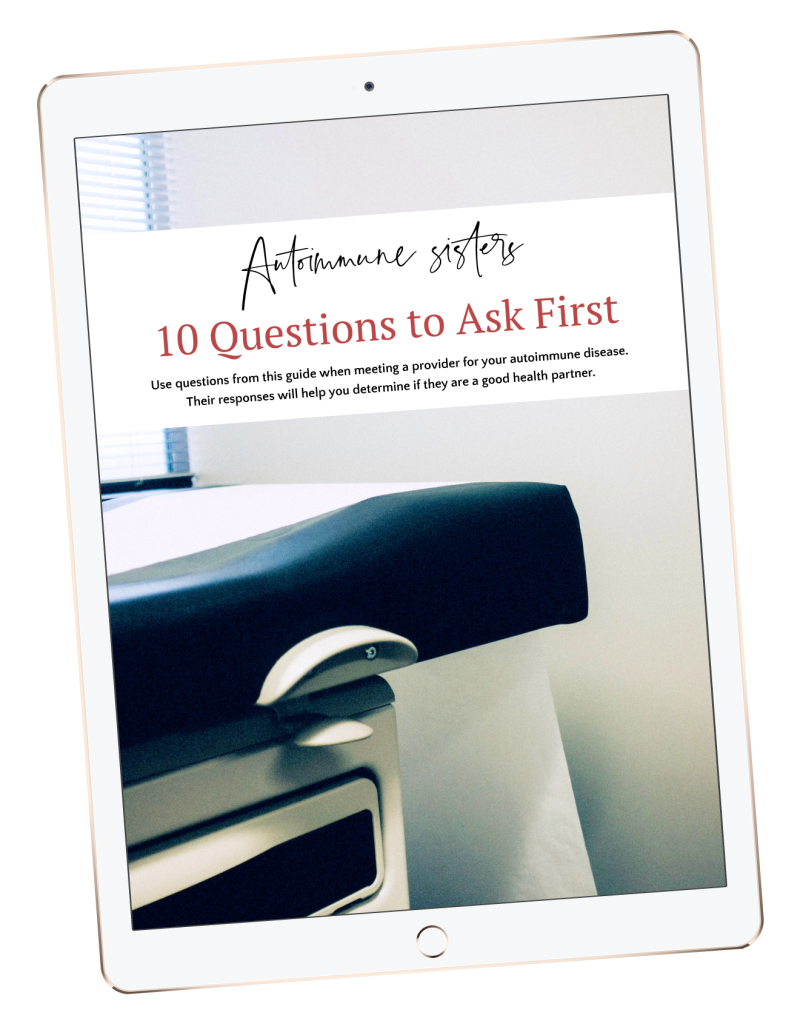Autoimmune Inner Ear Disease – Autoimmune Inner Ear Disease (AIED) is an autoimmune disease where the immune system mistakenly attacks the inner ear for a virus or bacteria. AIED occurs when the immune system attacks the cells within the inner ear. The body mistakes these cells for a virus or bacteria. It can be difficult to diagnosis because AIED can mimic various ear disorders.
Related: Meniere’s Disease
Autoimmune Inner Ear Disease Symptoms
- Sudden hearing loss in one ear progressing rapidly to the second ear
- May feel fullness in the ear
- Experience vertigo
Autoimmune Inner Ear Disease Diagnosis
SPECIALISTS
- Otolaryngology Clinical Trial Cooperative Group (OCTCG)
- The American Academy of Otolaryngology Head and Neck Surgery Foundation
BLOOD TESTS
- Enthroycte Sedimentation Rate
- Rheumatoid Factor
- Anti-nuclear Antibody Titer
- Quantitative Immunoglobin Determination
- A Leukocyte Migration Inhibition Test
- Complete Blood Count
- FTS/ABS Blood Screen
- MRI
- Lymphocyte Blast Transformation
- Steroid Trial
- Liquid Panel
MEDICATIONS
- Steroids: dexamethasone, prednisone, and prednisolone
- Methotrexate: a chemotherapeutic agent
- Enbrel
- Imuran
Autoimmune Inner Ear Disease Treatment
Most patients respond to the treatment of steroids. However, if patients are unresponsive to the drug therapy, a cochlear implant may be considered. In addition, some patients benefit from the use of hearing aids.



